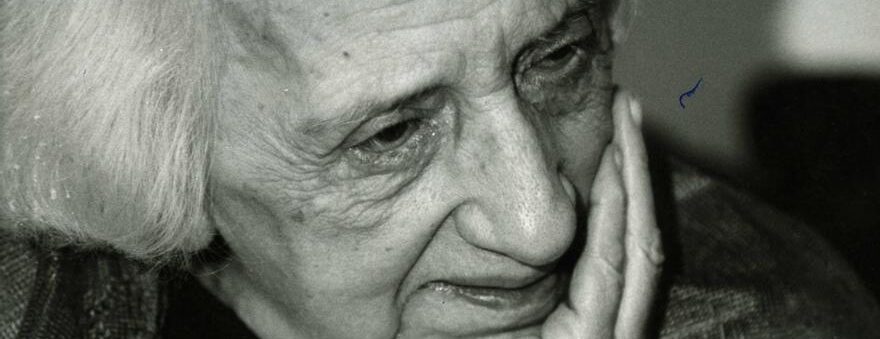UNILOG LOGIC PRIZE es una iniciativa de carácter internacional para otorgar un premio a un trabajo original en lógica.
El comité que promueve el premio en España está compuesto por los siguientes investigadores: Mara Manzano (USAL), Fernando Soler (US), Concha Martínez Vidal (USC), Enrique Alonso (UAM), María José Frapolli (UGR), Felip Manya (IIIA. CSIC), Antonia Huertas (UOC), Ángel Nepomuceno (US) y José Pedro Úbeda (UV).
Podrán competir todos los investigadores que estén (o hayan estado en los últimos 10 años) afiliados a cualquier universidad o centro de investigación con sede en España, independientemente de su función, nacionalidad, género o edad. Se incluye aquí no sólo a los profesores e investigadores de dichas instituciones, sino también a los estudiantes actuales de posgrado y a los doctores que leyeran sus tesis hace menos de 10 años.
El jurado estará compuesto por los investigadores promotores de esta iniciativa, quienes podrán recabar la opinión de evaluadores externos si lo consideran conveniente. En cualquier caso, la decisión final corresponderá al jurado del premio.
Se solicita a los participantes que presenten un manuscrito original escrito en inglés, de entre 15 a 30 páginas, sobre cualquier tema que pueda considerarse relacionado con la lógica (según los estándares de la comunidad internacional de lógica).
El premio consiste en: a) publicación del manuscrito seleccionado en la revista Logica Universalis; b) pago de los costes de participación del solicitante seleccionado (viaje, alojamiento, tarifa de inscripción) en el Congreso Mundial de Lógica Universal UNILOG-2021 que se celebrará en Creta. El desplazamiento será financiado por la Sociedad de Lógica, Metodología y Filosofía de la Ciencia en España por el importe equivalente a un viaje desde una ciudad española a Creta.
La persona premiada presentará su trabajo en el congreso UNILOG-21 y competirá con las personas ganadoras de los correspondientes premios de otros países para obtener el Premio Mundial UNILOG- 2021.
Los solicitantes deben enviar sus manuscritos antes del 30 de octubre de 2020 en formato PDF, a través de EasyChair.
Se recomienda usar el siguiente formato de LaTeX: plantilla de UNIVERSAL LOGIC.
UNILOG LOGIC PRIZE is an international initiative to award one prize per country to an original manuscript on logic.
The members of the committee that promotes the prize in Spain are Mara Manzano (USAL), Fernando Soler (US), Concha Martínez -Vidal (USC), Enrique Alonso (UAM), María José Frapolli (UGR), Felip Manya (IIIA. CSIC), Antonia Huertas (UOC), Ángel Nepomuceno (US) and José Pedro Úbeda (UV).
All researchers who are (or have been in the last 10 years) affiliated with any university or research institution based in Spain may compete, regardless of their position, nationality, gender or age. This includes not only professors and researchers from these institutions, but also current postgraduate students and doctors who presented their Ph. Dissertations less than 10 years ago.
The committee will act as the jury of the prize, which may seek the opinion of external evaluators if appropriate. In any case, the final decision will correspond to the jury of the prize
Participants are asked to submit an original manuscript written in English, between 15 and 30 pages, on any topic that can be considered to be related to logic (according to the standards of the international logic community).
The prize includes a) the publication of the selected manuscript in Logica Universalis; b) the expenses of the participation (travel from any Spanish city to Crete or equivalent, accommodation, registration fee) in the World Congress of Universal Logic UNILOG-2021 to be held in Crete. The travel from Spain to Crete is financially supported by the Society of Logic, Methodology and Philosophy of Science in Spain.
The awarded person will present his/her work at the congress UNILOG-21 and will compete with the corresponding award winners from other countries for the World Award UNILOG-2021.
Applicants must submit their manuscripts by 30 October 2020 in PDF format, through EasyChair.
The following LaTeX template is recommended: LOGICA UNIVERSALIS template
